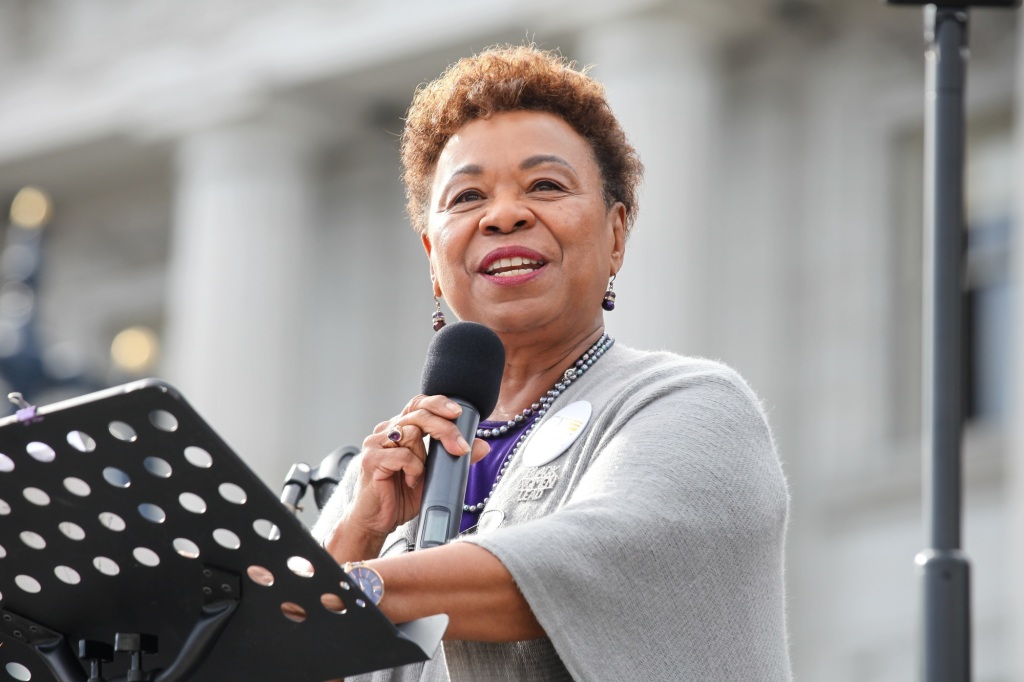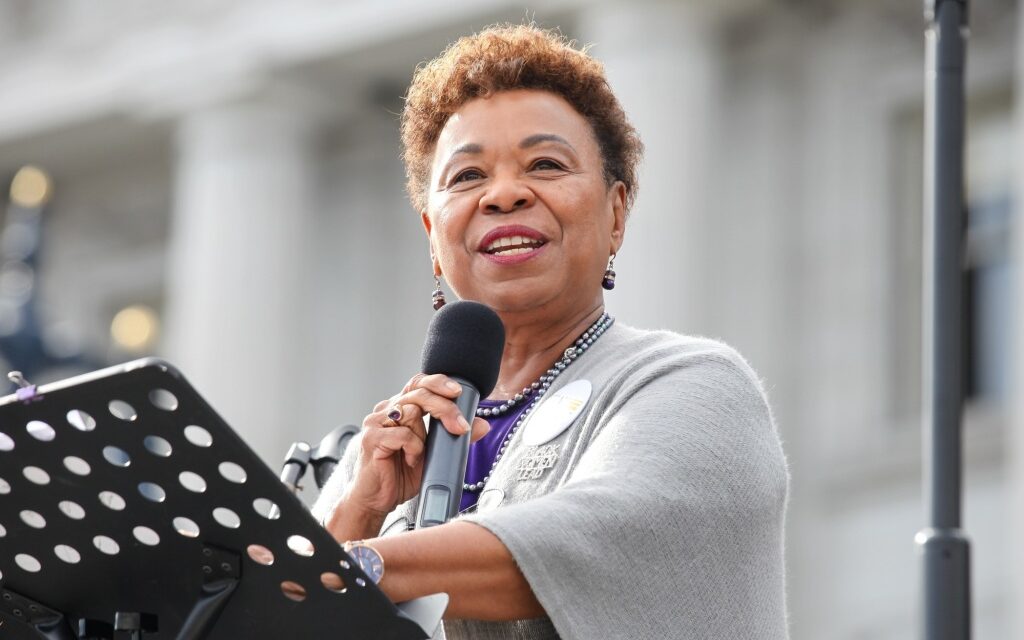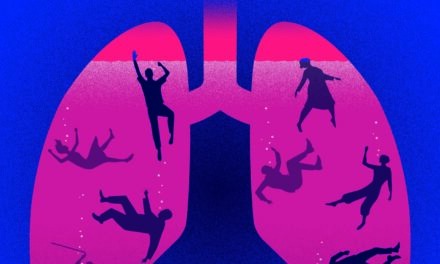
I get it. No one wants to be old. No one wants to admit they will get old, which means we are that much closer to death. It is easier to see the old – an ever-changing target – as the “other,” like Black Americans, Latinos, LBGTQ+, women or others with “easily definable traits” that are not your traits.
But everyone gets old and, as they say, it’s better than the alternative, unless for some inexplicable reason you desire to die young. And people age in different ways. True, some experience physical or cognitive problems. Others remain fit, active, creative and contributing to the community well into their 90s and beyond. My friend, poet Priscilla Long, has written about it in her book “Dancing with the Muse in Old Age,” in which she interviews creative people of various “old” ages from 75 to over 100.
When ageism is paired with sexism the results can be toxic.
Not to get into a political discussion (but as they say, all politics is personal), I agree that Sen. Dianne Feinstein appears to have significant cognitive problems and probably should not be serving in the U.S. Senate. However, we can’t ignore the very real issues of the loss of seniority on the Judicial Committee should Feinstein give up her seat early. I also note that several prominent male senators served well into their 90s. Some showing the same cognitive issues as Feinstein. None of them were publicly called out and nobody demanded their resignations.
Calling out people’s age rather than their ability to do the work, their enthusiasm for the job or their policy decisions just exacerbates the negative way people view aging in this society.
I recently read a news story focusing on Rep. Barbara Lee. It highlighted her age, which is a problem. The article quoted a 76-year-old woman who said she aligns with the policies of Lee, who is a member of the House of Representatives planning to run for Feinstein’s seat, but worries about Lee’s age (77) and that she would be in her 80s when her first term in the Senate is over.
I wonder, does this woman believe she herself is facing imminent dementia? And doesn’t this add to the myth that old age means decline in all ways and therefore, should not be allowed? Obviously that is not the answer, just like we wouldn’t tolerate people of color, gay people or those with physical disabilities to be prevented from serving.
We are all aging. As we do, we all face the final “ism” that is still permitted to exist: Ageism.
It is going to happen to you. Even the whitest, richest and most successful of us all will face it. Maybe the powerful can cushion it with money or by surrounding themselves with “yes men”. But they can’t stop the oncoming reality of old age. It doesn’t have to be a career-stopper.
Even in supposedly helpful ways, society contributes to ageism. I consider things like “senior day” at the supermarket as well as discounts for movies, plays and concerts to be ageism. Of course, with the high cost of living these days, I admit I do take advantage of some of those discounts.
Instead of “senior days,” I think we need “fixed-income days.” Reserve the discounts for those who really need it. Why single out old people? I guess it happens because it’s easy and makes some feel good. But, really, it’s condescending and patronizing. I see the ads proclaiming, “a place for mom.” When did mothers suddenly need to go to a “place?” I find it chilling. I consider it “otherism.”
Of course, we must make way for younger people. That’s true in politics as in all things. It’s a given. But it shouldn’t be a case of “us versus them.” We are all on the same continuum.
As older people (don’t get me started on the word “senior”), let’s help by mentoring, teaching and setting a good example. Getting old should not mean getting pushed to the curb or having to go to “a place.”
Marin resident Dotty LeMieux is an environmental attorney and campaign consultant in the Bay Area.





